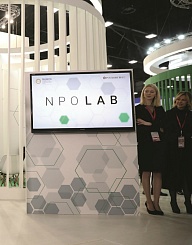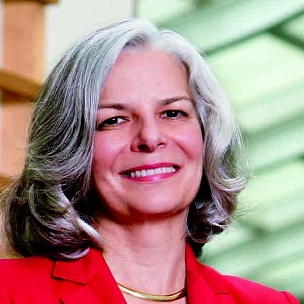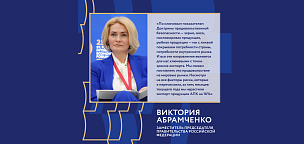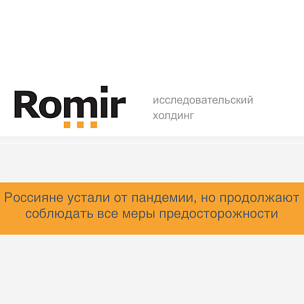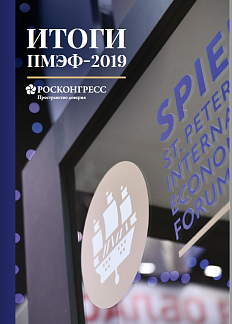Increasingly substantive discussions on Russias future social structure are becoming the focus of national forums, and the 4th Eastern Economic Forum is no exception.
While, a few years ago, discussion of social reforms was an add-on to the main economic agenda, now, as we embark on major new reforms of the social security system, in the light of the priorities announced via national projects for raising the Russian populations standard of living, improving the demographic situation, and creating an environment where people can live comfortably and seek personal fulfilment, a dialogue between the state and society that could become a tool to educate and jointly seek effective solutions is no less an important part of the EEF than the economy.
The Roscongress Foundation, which organizes the EEF, is a socially-oriented development institution, and so attention has always been paid to dialogue which includes representatives drawn from government, business circles, and non-profit organizations. But in 2018, the Foundations social activity has reached a qualitatively new level and this theme is becoming a vital part of forum agendas. The Foundations key partners in developing the social agenda have been identified, with whom large-scale projects such as the Innosocium Centre for Developing Social Communications have been planned.
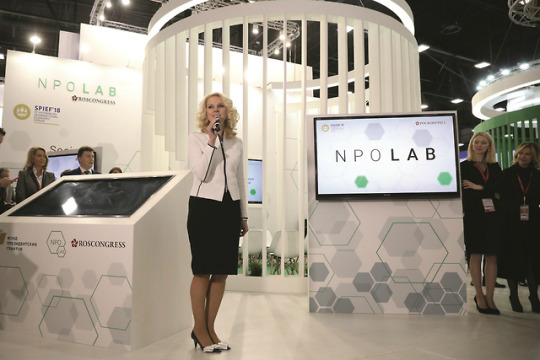
The NPO Lab is the calling card of the Roscongress Social Platform at the forums. This is a unified communications platform that brings together non-profit organizations, business, and government. At the NPO Lab, charitable foundations and non-profit organizations have the opportunity to present their social projects and the social technologies they have developed on a national stage, and to initiate and support focused discussions on topical issues. Finally, the NPO Lab is an incubator for collaboration on social issues for non-profits: the project offers all forum participants a chance to agree on cooperation and joint projects in the social sector.
On 11 September, the environmental agenda will be launched at the EEF NPO Lab. The day will feature a plenary session, Drivers of State Policy on Environmental Development, discussions on the problems of preserving biodiversity in the Russian Far East and marine reserves in the region, and two themed sessions, Introducing Innovative Technologies to Improve Environmental Performance, connecting the Forums economic and environmental agendas, and Public Initiatives as an Integral Part of Regional Development, which will also be a discussion of related issues, devoted to third sector integration strategies in the Far East in relation to other sectors.
Perhaps the main item on the NPO Labs agenda at the Eastern Economic Forum will be a presentation of the Innosocium Centre for Developing Social Communications and the panel session Social Communication as a Driver of Socially Significant Change, in which the jury and experts of the Innosocium Nationwide Social Project Competition will present the programme for the contest, and the criteria for evaluation and selection. Keep in mind that the Innosocium Nationwide Social Project Competition is a Centre event, through which there are plans to support promising Russian projects, with the aim of developing and scaling them, and to identify and showcase the best international social communication projects. The winning projects in key communication competitions (Silver Archer, Silver Mercury, ADCR, and Effie), selected by the Organizing Committee in eight main categories (environment, education, active ageing, inclusive society, healthcare, womens leadership, regional development, and culture) will be presented by experts at EEF, and will become a benchmark for all contestants. It is in Vladivostok that the start of the submission period for online entries to the competition will be announced.
It is important that the start of the competition is not so much about the presentation of a ready-made form, but also discussions at EEF of how it might develop further. Addressing social issues is impossible without the participation of the corporate sector and charitable, public, and volunteer organizations. As a rule, these are the sources of innovation in social communications. The main aim of the discussion on this matter, on the second day of the EEF, is, therefore, to talk about what the particular features of effective social communication technologies in Russia are, as well as successful examples of this in Russia, to analyse the applicability of best international practices, and to assess possible strategies for all aspects of the process in modernizing social communications in Russia.
In addition, part of the social agenda at the NPO Lab will involve discussions on the development of human capital in the Far East, and discussions of active ageing programmes and initiatives.
In addition, part of the NPO Labs social agenda will be devoted to discussing demographics and developing human capital in the Russian Far East, as well as the development and implementation of programmes and initiatives to promote an active lifestyle in old age. These topics require special attention in light of efforts to make the region more attractive as a place to live.
Another discussion at the NPO Lab will focus on sociocultural inclusion and an accessible environment for people with special needs in Russian society. The fact that this issue is being raised at the EEF shows the distance travelled by society in recent years. Nearly all the discussions of recent years have mainly concerned the social side of inclusion, addressing the material and social problems experienced by people with disabilities. Discussion of the cultural component of inclusion is the most important stage in the development of society: the EEF as a national forum will pioneer the discussion of this crucial issue, without which it is unlikely that society can move forward.
Another aspect of the NPO Lab is the inclusion of panel sessions and roundtables in forum business programmes which feature leading Russian and international experts and representatives drawn from government, the business community, and non-profit organizations, on global trends in philanthropy, social development in Russia, existing problems, and prospects for resolving them. These events not only enable an open and constructive dialogue between participants in Russias social sector, but also allow an exchange of experience and views with representatives of the international community.
In one of the panel sessions that has been organized, invited experts will discuss the face of modern social communications in various countries, and how to make these a genuinely effective tool for attracting the attention of society to social challenges and teaching people socially responsible models of behaviour. The inclusion of this discussion in the Forum business programme reflects the relevance and international nature of this topic, and it can be anticipated that the results of the discussion will become a source of ideas and future initiatives for developing social communications for the Innosocium Centre.
At the initiative of the Roscongress Foundation, the EEF agenda also includes a discussion of the issue of womens full participation in the digital economy and overcoming the gender gap in technology. Discussion participants will talk about innovative solutions created by women and for women, about promoting training platforms to support female entrepreneurship, and about how the changing role of women in the digital age can facilitate economic growth and sustainable social development. It is worth remembering that during this session, Roscongress will continue its initiative to create a community of women leaders supporting social wellbeing and increasing the role of women in addressing issues of global socioeconomic development.
The third session will also address the topic of modern technologies: experts in the field will discuss their influence on the upbringing and education of children. How should society regulate the social impact of digital technologies, which the younger generation master much faster than their parents? Despite the seemingly childish nature of the question, it is one which will determine how the social landscape looks in 2030 years.
Text: Dmitry BUTRIN, Kommersant
FIRST PERSON
Anton Kobyakov Advisor to the President of the Russian Federation
«The social space created by the Roscongress Foundation across Russias largest business forums opens up a platform for social enterprises to share their plans and achievements in tackling important social issues with the broader public.
We must fully analyse and push for the best practices and social technologies which could form the basis for sustainable development and a tangible improvement in quality of life for our citizens.
The demand for and effectiveness of this social platform can be seen in its role as a catalyst for social processes involving various parts of Russian society, from the state and business community to non-profit social enterprise and volunteer activists. It also promotes a joint discussion about social change and a search for acceptable ways to achieve social development.»
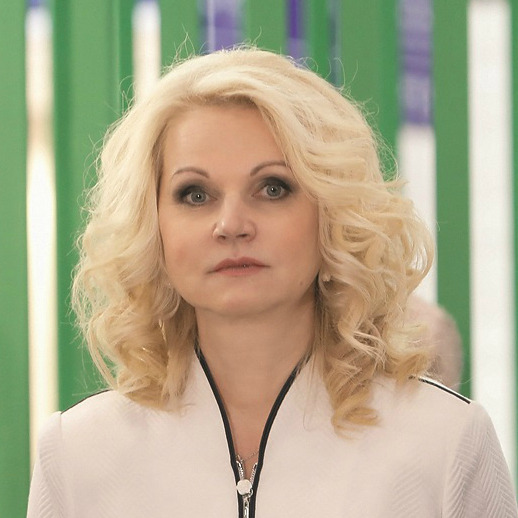 «It is impossible to handle these issues without correctly built communications»
«It is impossible to handle these issues without correctly built communications»
Tatyana Golikova Deputy Prime Minister of the Russian Federation for Social Policy
«Social development, improving quality of life, and developing integrated solutions and responses to the global challenges we face form an essential part of what the state and society must do. Yet solving all these issues is not possible without a proper communications structure to make people think both about global issues of sustainable development, and about the issues facing specific people living on our doorsteps, and to build a culture of social responsibility.
The Innosocium Centre for Developing Social Communications was created to support and develop effective mass social communication tools to inform people about important issues and opportunities for them to get involved in tackling them. It also aims to foster a culture of social inclusion. This initiative is one which addresses societys current need to build an open and effective dialogue between all members of the social ecosystem.»
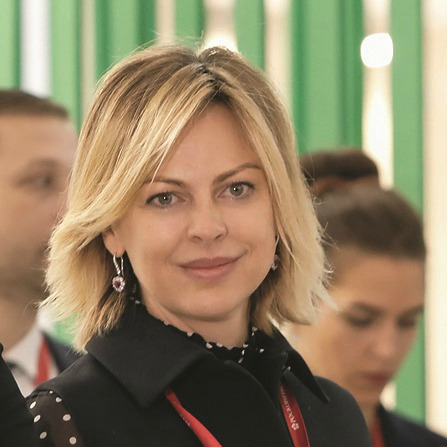 Elena Marinina Deputy CEO and Head of the Directorate for the Socio-Economic Agenda, The Roscongress Foundation
Elena Marinina Deputy CEO and Head of the Directorate for the Socio-Economic Agenda, The Roscongress Foundation
«Innosocium is essentially an infrastructure project developed by the Roscongress Foundations Directorate for the Socio-Economic Agenda and the Art, Science and Sport charity foundation. Its purpose is to study, support, and develop tools for mass social communication, an extremely important task in Russian society: no social reform is possible without the evolution of a culture of social inclusion and socially responsible behaviour in society. Creating a high-quality information environment is a task for society as a whole, but informing people about significant social problems and opportunities to get involved in addressing them is certainly the job of the third sector, and we need to create the infrastructure for such communications as a priority.»
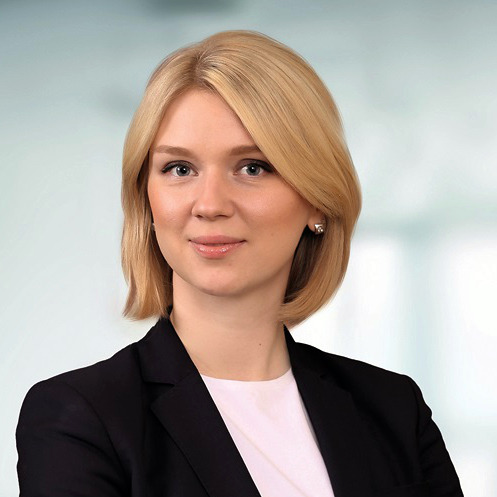 Maria Krasnikova Director, Art, Science and Sport
Maria Krasnikova Director, Art, Science and Sport
«One of the key areas of work for the Special Sight programme is systemic support for organizations involved in raising awareness and promoting social initiatives to help visually impaired people, including through grant competitions. We hope that this contest will help to draw attention to the problems faced by the blind and visually impaired, and also raise the idea of equality for people with and without disabilities in all sections of society.»
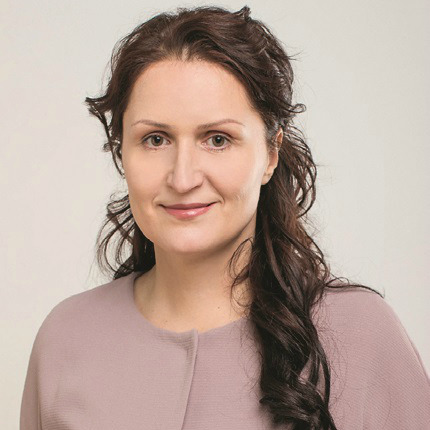 Anna Shabarova Vice President for HR and CSR, Russian Copper Company
Anna Shabarova Vice President for HR and CSR, Russian Copper Company
«The idea for our companys partnership with the Innosocium Nationwide Social Project Competition developed partly out of our social project Change your City for the Better, which Russian Copper Company is organizing for the second year running in the cities where it operates. We are sure that we can garner some deserving projects from throughout the country which will benefit people living outside Russias major cities. Russian Copper Companys experience in social initiatives could be an interesting example for socially responsible Russian business, municipalities, and urban developers. We are confident that this competition will help us to take advantage of existing tools to improve quality of life for people living in our country and will mean another step towards improving the social climate in Russia.»
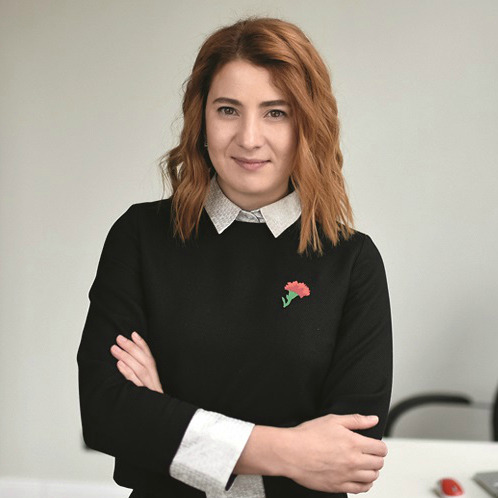 The Year of Volunteering makes the perfect starting point
The Year of Volunteering makes the perfect starting point
Katerina Kruglova Executive Director, Memory of Generations
«In 2018, the Memory of Generations charity fund took the decision to back and launch a new project jointly with the Association of Volunteer Centres called Young at Heart. The aim of the project is to develop social communication. The project is designed to bring elderly people together with a common goal as volunteers whose experience and knowledge would enable them to help those in need, apply their knowledge in practice, and bring benefit to many. We believe that the Year of Volunteering makes the perfect starting point for projects like this, and that the Innosocium Nationwide Social Project Competition will give the project new scale and draw public attention to silver volunteering in Russia.»
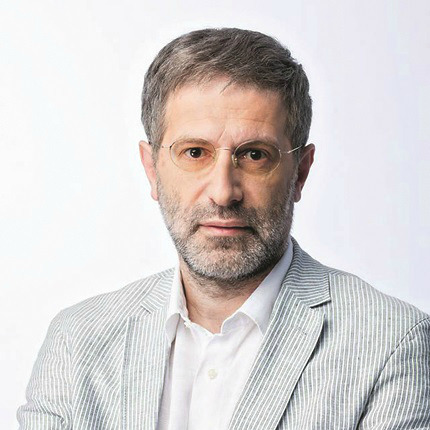 Social projects win more and more prizes
Social projects win more and more prizes
Mikhail Simonov President, Silver Mercury Festival
«In recent years, international PR contests have been awarding an increasing number of prizes to social projects. Silver Mercury, one of the largest marketing communications contests, has gone one step further, creating two separate categories for social campaigns one for those carried out on behalf of non-profit clients, and the other for social projects executed by commercial companies. We will be happy to share the experience of our participants with the social sector to help it grow and develop more rapidly, and help social communication to become more creative and effective, and win not only the Innosocium Nationwide Social Project Contest, but also the 2019 Silver Mercury.»
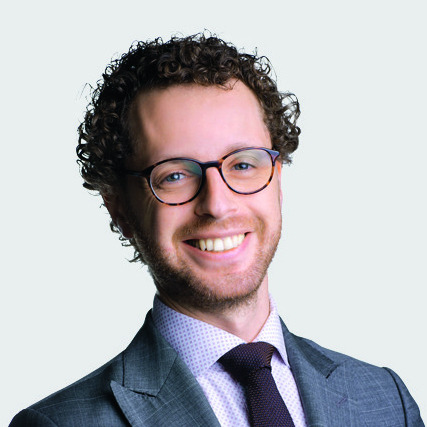 Innosocium will assist in our search for fresh ideas
Innosocium will assist in our search for fresh ideas
Yakov Minevich Executive Secretary of the Board of Trustees for the Silver Archer national public relations award
«We are seeing an increasing number of social initiatives in our lives in recent years. In large cities, especially, almost every single person has some kind of relationship to a charity, volunteer, or social initiative. To take social communication forward and make it more effective, we have to look outside the box, make our key messages both clear and inventive in the way they are delivered, and be present in the information fields of our target audiences. The Innosocium Nationwide Social Project Competition, which aims to find the best new methods for promoting any given social theme, will assist us in our search for fresh ideas.»
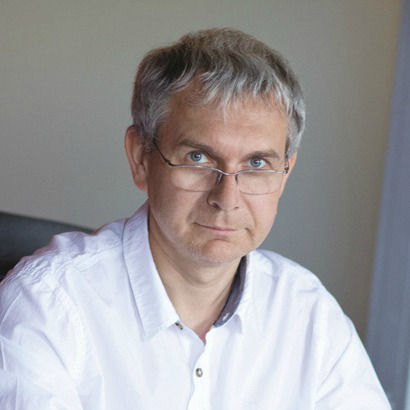 Contests
Contests
Alexander Alexeev President, Art Directors Club Russia (ADCR)
«Every Russian contest in professional communications regularly awards prizes for the best social communication projects. Yet we have no competition that is focused on this highly topical subject. For this reason, it is only natural that the first stage of the Innosocium Nationwide Social Project Competition involves selecting the best winning projects from other leading competitions to create a unique collection of work in a contest of contests. This will raise the bar to an ambitious height for future contest participants.»
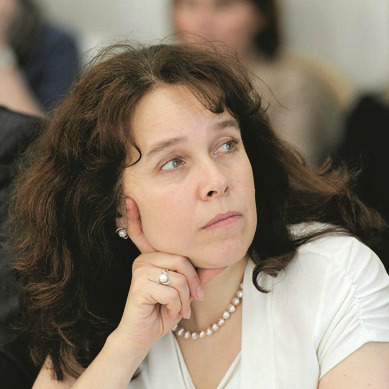 Development
Development
Elena Topoleva-Soldunova Director, Agency for Social Information; member of the Civic Chamber of the Russian Federation
«Until very recently, social issues such as benefits, pensions, large families, people with disabilities, and homelessness were generally seen as hopelessly boring and depressing. The reaction to media stories on social issues was one of apathy. Now, things have changed. Social issues have become exciting and trendy, and attract a lot of public interest. We are now seeing a whole spectrum of new projects, forums, fairs, conferences, and flash mobs, along with new organizations, public figures, films, and books, as well as public platforms where these issues are discussed. To findlike-minded people, inspire them with new ideas, and make them into partners
for your new social project, you need an effective communications infrastructure.
This is where we got the idea to hold the Innosocium Nationwide Social Project
Competition. Were all really looking forward to it!»
Source: EEF 2018 Official Magazine


